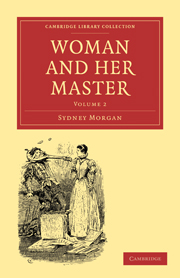Summary
It was the good fortune of the conspirators, who, in preserving their own lives, had for a time, saved Rome, that they were enabled to justify their actions, by giving to the empire a master worthy to succeed to the wise and illustrious Antoninus, and capable, by his well-known virtue and experience, of healing the wounds inflicted by the frantic cruelty of Commodus.
The people and the senate, on learning the death of him who had oppressed and tortured them for thirteen years, resigned themselves to transports of joy, and loudly approved the successor, who had been chosen for them. Pertinax, (taken from his bed in the middle of the night to ascend the throne of the world,) mistook his election for the execution of a death-warrant. He was the son of a timber-merchant in Piedmont; and had reached the highest rank in the state, by his virtues and his talents. In all his great employments, military as well as civil, he had uniformly distinguished himself by the firmness, the prudence, and the integrity of his conduct.
On his accession to the throne, Pertinax refused to flatter the vanity of his wife with the title of Augusta, or to “corrupt the inexperienced youth of his son by giving him the rank of Cæsar.” He settled, however, on them the whole of his private fortune, that they might have no pretence to solicit favours from the state.
- Type
- Chapter
- Information
- Woman and her Master , pp. 251 - 274Publisher: Cambridge University PressPrint publication year: 2010First published in: 1840

